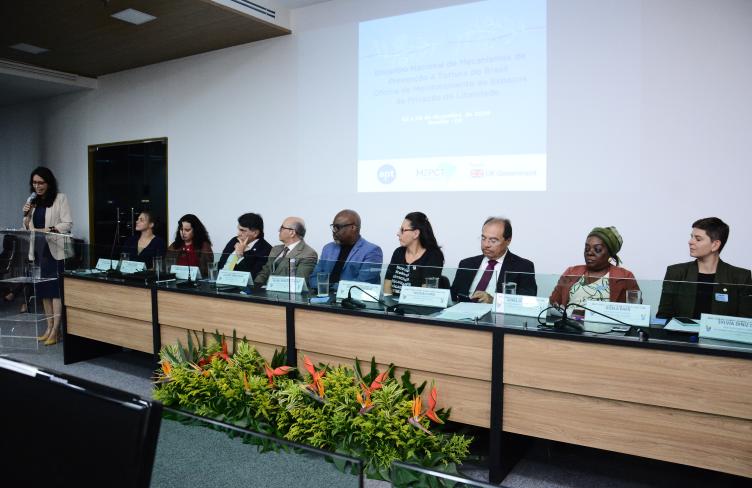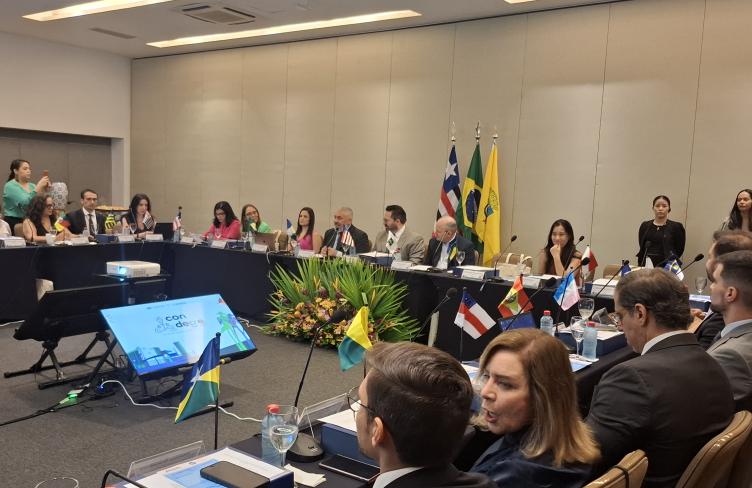
On 25 July 2013, South Africa’s President Zuma signed into law the Prevention and Combating of Torture of Persons Act.
The Act creates a specific criminal offence of torture and related offences and provides for the prosecution of offenders. It also establishes jurisdiction over acts of torture which occur outside of South Africa. Importantly, the Act creates an obligation on the State to promote awareness of the prohibition of torture, including education and awareness programmes directed at public officials. In its preamble, the Act acknowledges that South Africa "has a shameful history of gross human rights abuses, including torture of many of its citizens and inhabitants". Torture was a feature not only of the apartheid era, but continues to be pervasive under the post-1994 democracy.
Prior to the adoption of the legislation, several steps were introduced to prevent and combat torture. The South African Police Service adopted an anti-torture policy in 2009 and in 2011 the Independent Police Investigative Directorate was given the express mandate to investigate all allegations of torture by the police. The new Act further acknowledges the seriousness of acts of torture. The challenge ahead lies in the effective implementation of the Act by the police, the courts and other actors.
APT welcomes this law which has been in development for over a decade, and acknowledges the role of civil society organisations which campaigned and lobbied government, and provided critical engagement during parliamentary and other processes.
To complement this positive development, we would like to take this opportunity to call upon South Africa to ratify the Optional Protocol to the Convention against Torture (OPCAT) and to establish an adequate national preventive mechanism for effective prevention of torture.


